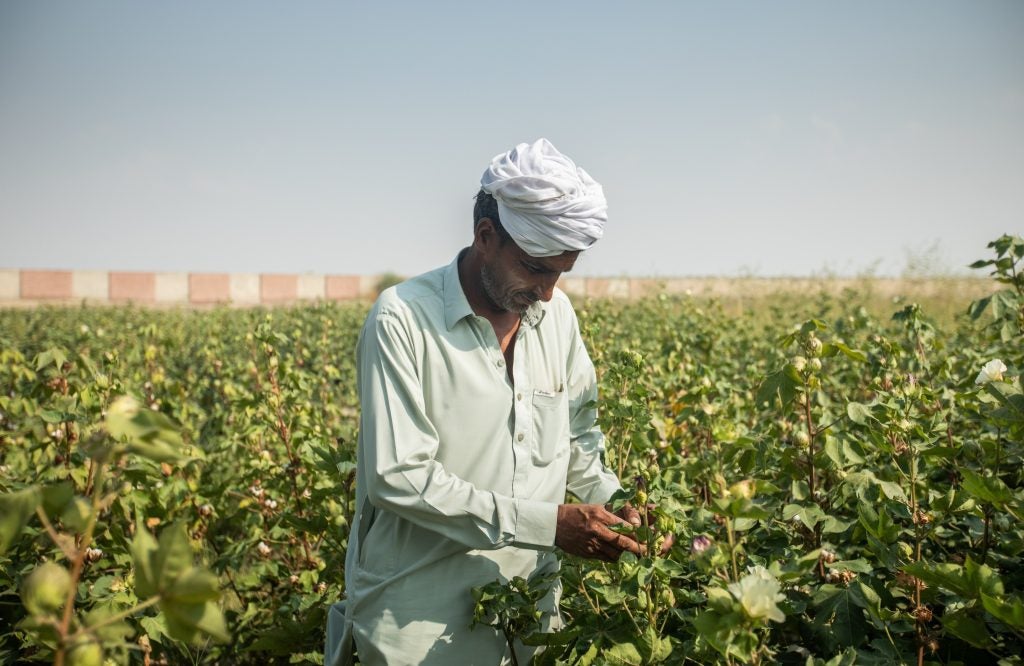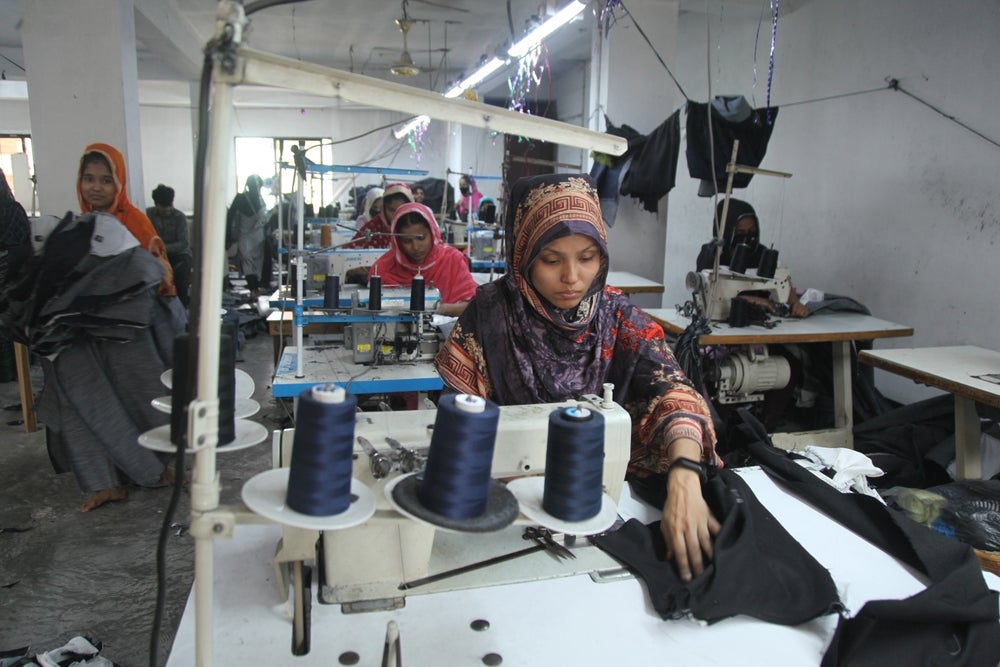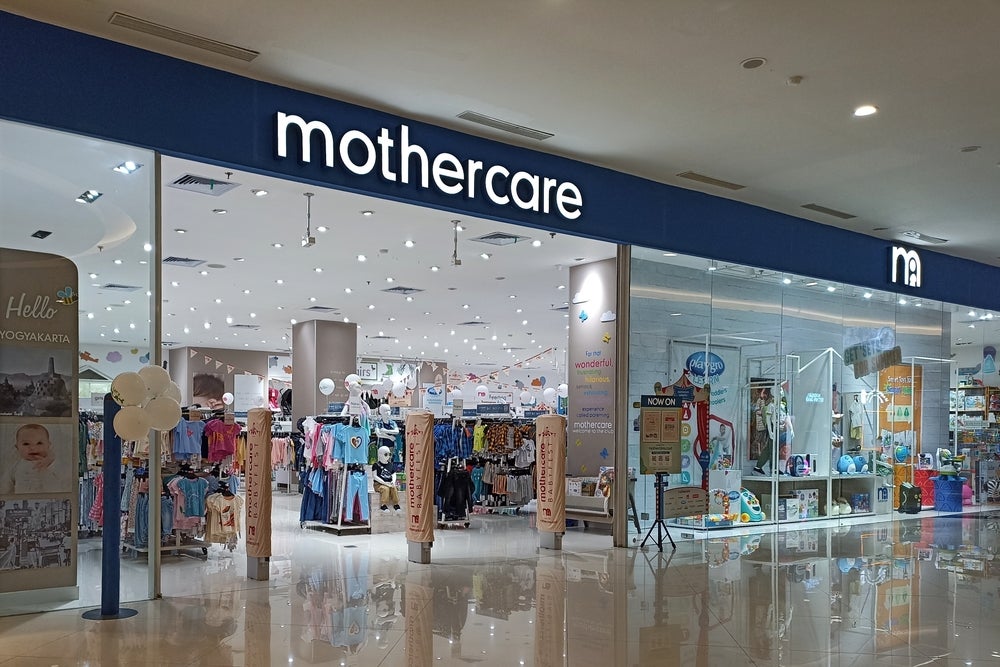Better Cotton explained it is the "first" initiative of its kind, aimed at better understanding farm-level wages and developing strategies to improve the livelihoods of the hundreds of thousands of workers in the sector.
This new tool will standardise how Better Cotton collects and monitors wage data, helping to address data gaps. Initially, the pilot will be rolled out across a quarter of Pakistan's cotton farms, with plans to incrementally scale it until it captures data representative of the entire country's cotton sector.
Better Cotton believes that challenges such as informal labour arrangements, labour mobility, lack of documentation, and the prevalence of piece-rate pay–where wages are calculated based on output rather than time spent–have made it difficult to calculate farm-level earnings to date.
According to Sahar Haq, project lead at Better Cotton Pakistan, gathering wage data is crucial not only for improving wages but also for fostering dialogue on living wages and guiding future action to empower and protect cotton farming communities.
"We are committed to ensuring that men and women workers receive fair & timely compensation for their labour," Haq stated.
Better Cotton highlighted it will collaborate with its Programme Partners in Pakistan, including Sangtani Women Rural Development Organisation (SWRDO), WWF Pakistan, CABI and REEDS. These partners, who help implement the Better Cotton Standard System (BCSS), will ensure the wage sampling tool is tailored to the operating environment.
Once the project concludes in March 2025, Better Cotton shared it will explore how it can adapt the wage sampling tool for smallholder countries, aiming to define living wage gaps, streamline data collection and map out actionable plans.
Better Cotton reaffirmed its mission to promote sustainable livelihoods by guaranteeing smallholder cotton farmers globally secure a living income.
Recently, in its continued efforts to support the cotton farming community, Better Cotton launched an "ambitious" research project in India to identify best practices for empowering women and boosting their representation in the sector.















